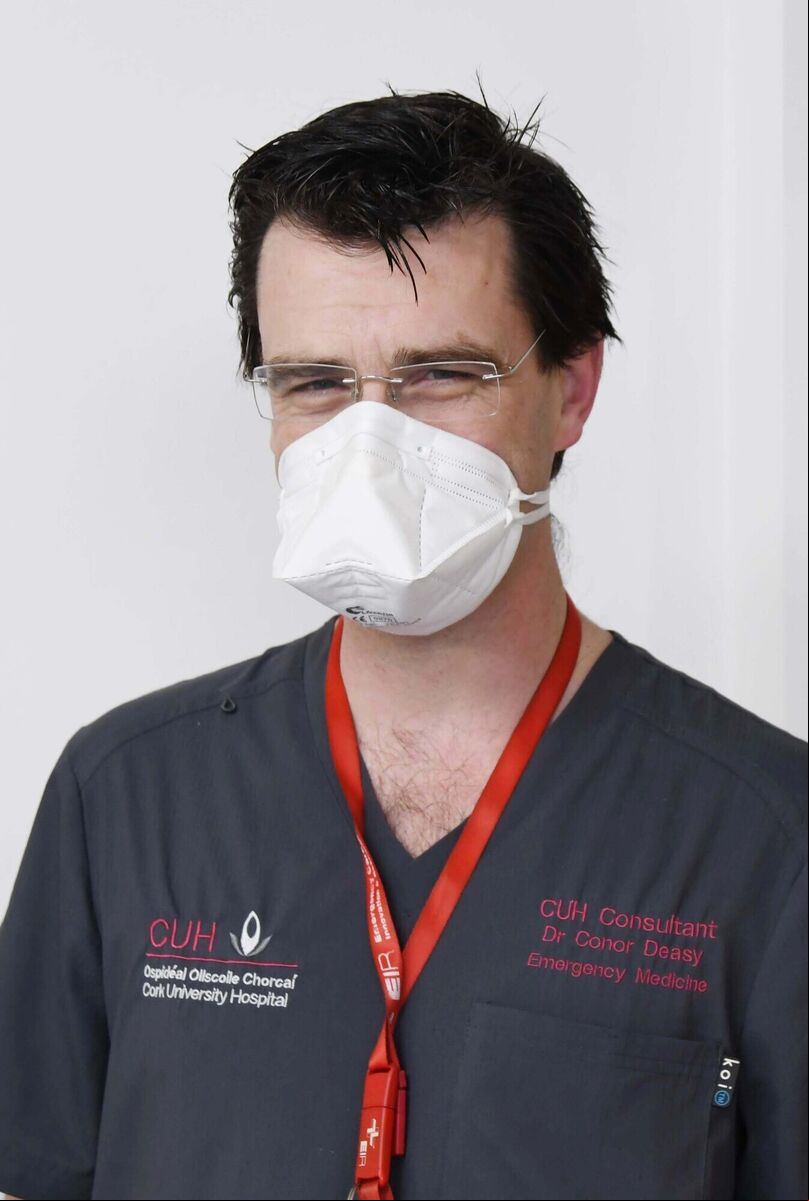'It’s far worse than Covid in of safety concerns': Manual systems still being used as hospitals cope with aftermath of cyber attack

Three weeks after the HSE was hit by a major cyberattack, a Cork emergency medicine consultant has warned that the situation facing emergency departments is far worse than Covid in of safety concerns.
On Friday, May 14, the HSE was forced to shut down its hospital and health services IT systems after they were attacked.
While significant work is under way to restore systems, many of the country’s main hospitals are still operating a manual, paper system.
Dr Conor Deasy, a consultant in emergency medicine at Cork University Hospital, said that the impact of the cyberattack has brought about significant safety concerns.
“It’s far worse than Covid in of safety concerns. We’re flying in the dark with our hands behind our backs.”
Dr Deasy said that the impact of the cyberattack continues to be felt acutely at the Cork hospital’s emergency department.
“It’s extremely busy,” he said, adding that patients are enduring significant wait times to be seen by a doctor.

It said that many of the ICT systems used in public hospitals have had to be rebuilt and that “while some services have been partially restored, there continue to be major deficits in basic ICT provision which will continue to greatly impact on patient care and are an understandable cause of intense frustration to patients and clinical staff alike.”
It added: “As we near the end of the third week of impact, the public needs to understand that this issue continues to affect their care and ED and other hospital services are very far from returning to normal.
“It is important that of the public understand how difficult the provision of care is in the current unprecedented situation and that this situation is likely to continue for some time yet. We ask for your forbearance as we try to help you as best we can. Please help us to help you by following our advice."
The IAEM said it was acutely aware that HSE ICT personnel and many others are working day and night to restore these vital services as soon as possible and said that “although we are currently struggling to provide our normal level of care, all of us at the frontline continue to appreciate their efforts.”










 App?
App?


